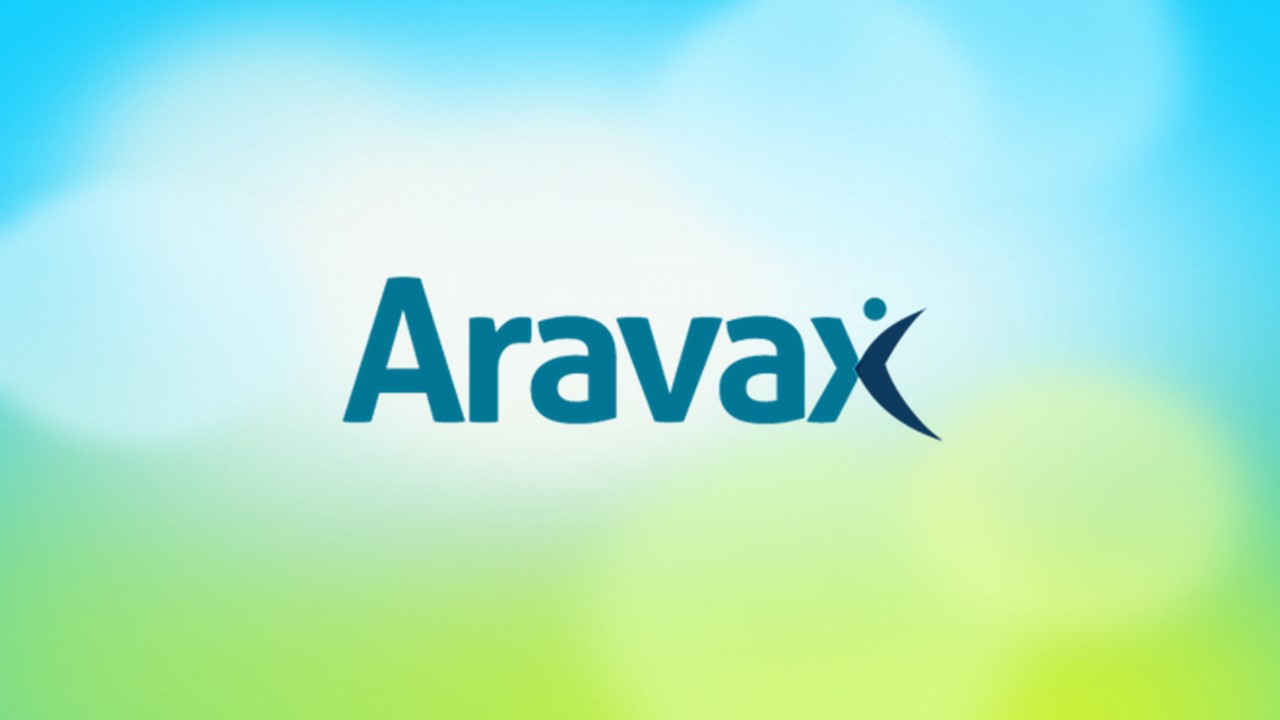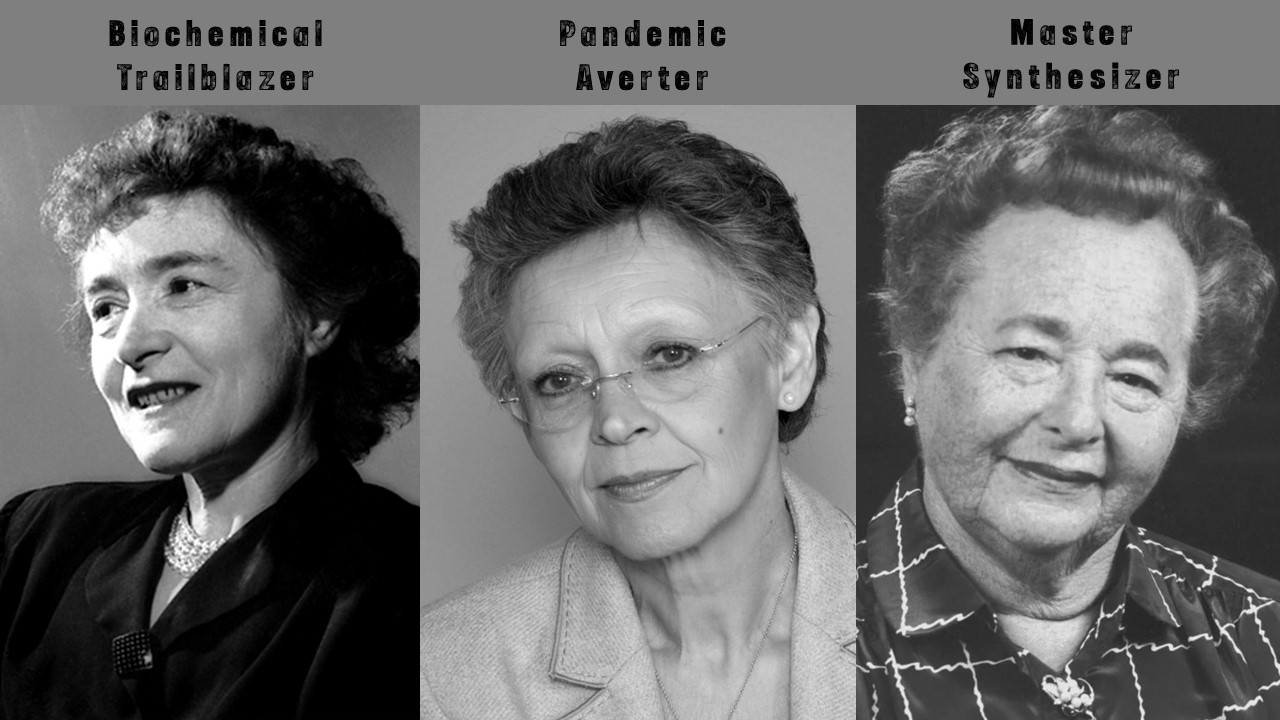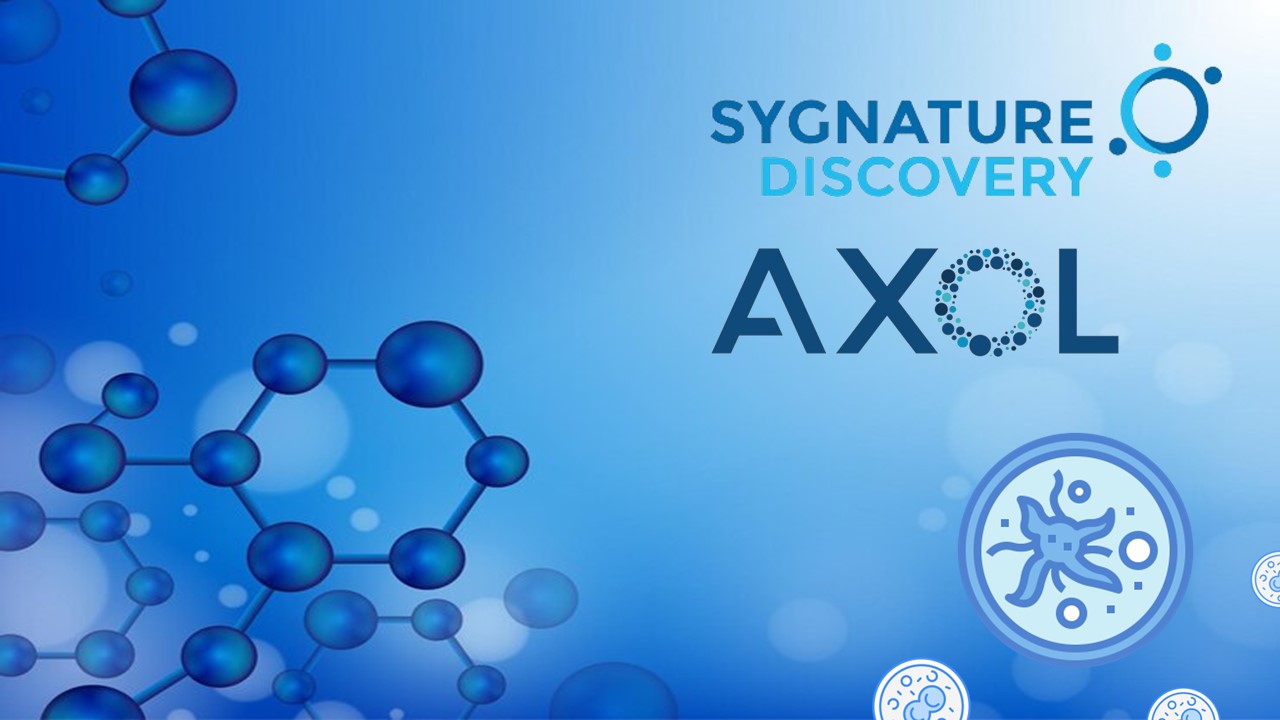
This week in pharmaceutical investments, Kiromic acquired InSilico Solutions in a move to accelerate its cancer immunotherapy, utilising the advantages of artificial intelligence to process genomics data. Elsewhere, Organon forms a collaboration with ObvsEva, expanding its R&D portfolio in women’s health, with potential milestone payments of $837.5 million.
Kiromic BioPharma Acquires InSilico Solutions To Expedite CAR-T Treatment
On 26 July 2021, Kiromic Biopharma announced the completed acquisition of InSilico Solutions. The agreement will leverage the bioinformatics and artificial intelligence capacities of InSilico Solutions to advance the clinical development of Kiromic’s CAR-T for solid tumours.
While the financial terms have not been disclosed, the deal will involve a stock swap in addition to Kiromic hiring the entire InSilico staff. Interestingly enough, the companies have been collaborating for three years prior to the acquisition, working on a highly effective system of analysing genomic data for the best possible biomarkers for targeted immunotherapy.
The recent acquisition hopes to make significant strides in the field of immunotherapy, specifically the advancement of Kiromic’s allogeneic outpatient CAR-T for solid tumours. Kiromic’s AI portfolio, which is still developing, will benefit from InSilico’s expertise in the area in further developing AI-based strategies to optimise the response to T cell therapy.
In a recent press release, the company stated that they are “developing models using WGS, RNASeq, scRNASeq, cytometry, and cytokine panels to assist in selecting donor T cells with the strongest therapeutic potential”.
The immunotherapy market of cancer treatment especially is rapidly expanding, with clinical trial results supporting the efficacy of T-cell therapy over conventional treatment. Unfortunately the efficacy of CAR-T is inconsistent across patient populations, hence a number of pharma companies are investing in biomarker research to create targeted solutions.
This particular collaboration may see Kiromic’s CAR-T therapy lead the way in precision immunotherapy, utilising AI to accelerate the process of identifying biomarkers that could determine treatment response.
Women’s Health Collaboration Between Organon and ObsEva Estimates $385m in Sales
Upon signing a deal for $25m with Organon, Swiss biopharma ObsEva will receive up to $500 million in upfront and milestone payments for the commercial sale of their drug Ebopipran.
The selective prostaglandin F2 Alpha receptor antagonist has the potential to be a first-in-class therapy for preterm labour in the US. The drug works by reducing inflammation and uterine contraction during birth, and could improve the lives of millions of mothers worldwide who suffer from the condition.
The collaboration between the companies, both of which focus on women’s health, will build upon Organon’s R&D portfolio and hopefully strengthen the path to long-term growth, as highlighted by the CEO in a recent article. Organon is a global healthcare company and spinoff from Merck, created to focus on improving the health of women throughout their lives.
Preterm labour represents a significant unmet clinical need for women across the world, and the value of a development-stage asset like Ebopipran, could set the stage for Organon to become a market leader. In an Organon press release, ObsEva CEO commented how “there are currently no other known compounds in development. That is why we are focused on evaluating this agent in an important area of unmet need”.
Under the terms of agreement, Organon will license the global development, manufacturing and commercial rights to the drug. The agreement promises significant sales-based milestones for commercial launch, approximately $385 million.
Pharma company Ipsen Signs Exclusive Collaboration With BAKX Therapeutics With Potential Milestone Payments of $837.5 Million
Under terms of the agreement, an upfront payment of $14.5 million will enable Ipsen to obtain an exclusive license to research, develop, manufacture and commercialise novel therapeutics targeted to the BCL-2 associated protein (BAX), an effector of apoptosis.
Apoptosis is an organic process of programmed cell death. When this process becomes dysfunctional, it can lead to uncontrollable cellular replication and development of a tumour. BAX is a novel target in the apoptosis cell-signalling pathway, which has shown potential for applications in immunotherapy.
According to a recent article,“BAX activation by small-molecule agonists have been shown to promote apoptosis while sparing healthy cells in vitro and suppress human acute myeloid leukaemia xenografts and increased host survival without toxicity in vivo”.
The collaboration will be focusing on the small-molecule drug BKX-001 for the potential treatment of leukaemia, lymphoma and solid tumours. Ipsen’s strategy is to use this collaboration to strengthen their preclinical oncology pipeline. In a press release, Ipsen’s Executive Vice President and Head of R&D said the partnership will help move the drug into preclinical development “with the goal of achieving a development candidate that can be evaluated for the potential treatment of hematological malignancies and solid tumors”.
A large proportion of current cancer therapies targeting the apoptosis pathway are focusing on checkpoint inhibitors that target PD-L1 and PD-1 (PD = programmed cell death). Targeting BAX in this pathway in apoptosis is not necessarily new, but in the context of oncology remains in the early stages of R&D. Drugs like Eltrombopag which have shown to inhibit BAX-mediated apoptosis support the potential of this target therapy.
This could mean that BAX inhibitors like BKX-001, which is now under the license of Ipsen, may become a competitor in the market of target immunotherapy and may even accelerate precision medicine for patient populations with treatment resistance to current therapies.
Charlotte Di Salvo, Lead Medical Writer
PharmaFeatures
Subscribe
to get our
LATEST NEWS
Related Posts

Leadership, Trends & Investments
Aravax Continues International Expansion with Appointment of Aled Williams as Chief Business Officer
Aravax announces the appointment of Alex Williams as Chief Business Officer.

Leadership, Trends & Investments
The Immigrant, The Career-Undecided, and The Supermarket Supervisor-turned-Scientist
Learn more about the 1947, 1988, and 2008 Physiology or Medicine Female Nobel Laureates.
Read More Articles
Myosin’s Molecular Toggle: How Dimerization of the Globular Tail Domain Controls the Motor Function of Myo5a
Myo5a exists in either an inhibited, triangulated rest or an extended, motile activation, each conformation dictated by the interplay between the GTD and its surroundings.
Designing Better Sugar Stoppers: Engineering Selective α-Glucosidase Inhibitors via Fragment-Based Dynamic Chemistry
One of the most pressing challenges in anti-diabetic therapy is reducing the unpleasant and often debilitating gastrointestinal side effects that accompany α-amylase inhibition.













